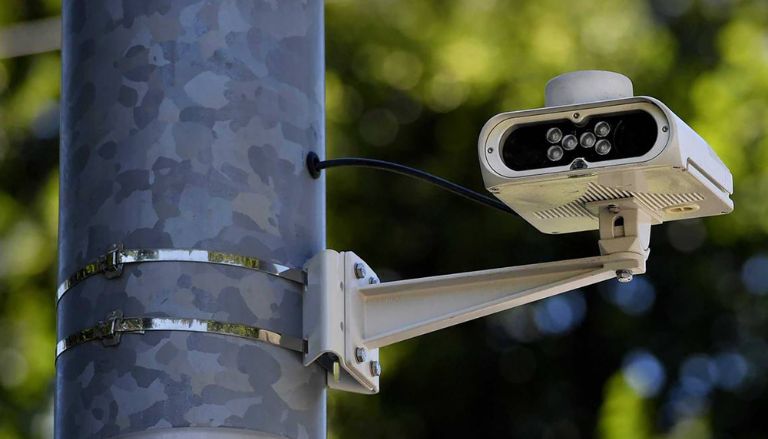In 2023, police officers in California wrongly entered a state database containing private information over 7,000 times, as reported by the Electronic Frontier Foundation (EFF), a group that advocates for digital rights and privacy.
Two researchers from the EFF found out that California police stations reported 7,275 improper uses of the California Law Enforcement Telecommunications System (CLETS) to the state Department of Justice in 2023, using public records requests. Most of the crimes were carried out by the Los Angeles Sheriff’s Department (LASD), which had 6,789 violations.
The LASD broke a rule by misusing CLETS data to conduct background checks for concealed carry firearm permits, leading to thousands of abuses. Meeting notes from the EFF show that the LASD unit that conducted the searches received additional training, and there have been no more cases of misuse since then.
The CLETS database gives California law enforcement access to DMV records, national criminal background checks, and the National Law Enforcement Telecommunications System, among other details. CLETS has sensitive information, so there are rules about how and when law enforcement can use it. There are also requirements to report any misuse.
Beryl Lipton, a senior investigator at EFF and co-author of the study, says that required data collection on CLETS violations helps the public understand and challenge how databases like CLETS are used and misused. “The thousands of violations committed by the L.A. County Sheriff highlights just how unfamiliar law enforcement can be with their own policies, how easy it is for police to use sensitive data for prohibited purposes, and the value of transparency in providing oversight of the privileged access to information that law enforcement has.”
The EFF found examples of officers misusing CLETS data like police checking up on people they were dating or getting back at their enemies. One case involved a former Redding police officer who, in 2021, used CLETS to have his fiancé’s ex-husband’s pickup truck towed.
“While many violations resulted only in officers or other staff being retrained inappropriate use of the database, departments across the state reported that violations in 2023 led to 24 officers being suspended, six officers resigning, and nine being fired,” the EFF reported.
Police in America have access to a lot of spying technology that many find concerning. Privacy advocates warn that there aren’t enough protections or information about how this data is used.

Last year, a grand jury in Sacramento discovered that the Sacramento Sheriff’s Office was giving license plate reader data to law enforcement in states where abortion is illegal. This is against California rules, which say that local departments cannot share or sell this data to agencies outside the state.
Lipton says that even though they might not be perfect, rules about how police can use monitoring and share data are important for protecting the privacy and rights of people who follow the law. “It’s important to follow them.”







Leave a Comment